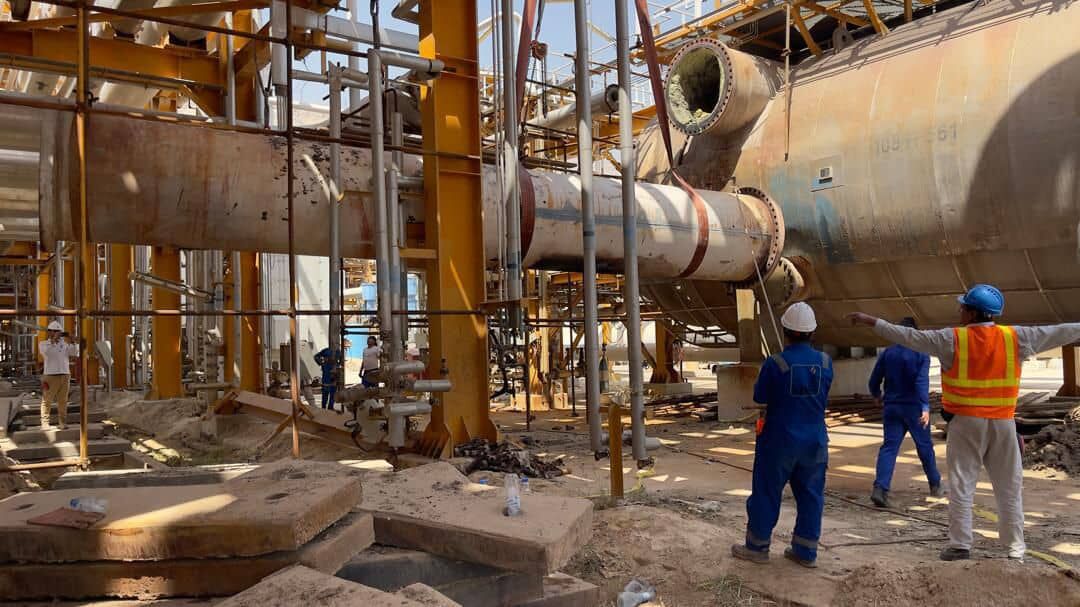Farhad Shahraki emphasized that oil industry personnel successfully implemented emergency plans to prevent any disruption in stable fuel supply and set a record in gasoline distribution.
Shahraki pointed to the Oil Ministry’s dedicated efforts during the 12-day imposed war, stating that oil industry workers relied on pre-designed scenarios and rapid mobilization of alternative resources to execute emergency measures, ensuring stable fuel supply across the country.
He stressed that refineries continued operating at full capacity, adding that synergy among operational units, the use of midstream reserves and redistributing excess load to lower-risk refineries played a key role in maintaining production stability.
The committee member also highlighted the unprecedented gasoline distribution record during the 12-day war, noting that the stable supply of petroleum products demonstrated the oil industry’s strategic capability in simultaneous crisis and fuel consumption management.
Shahraki stated that oil industry personnel, particularly in refining and distribution, showcased professional management, organizational unity and a loyal, skilled workforce—not only preventing a fuel crisis but also setting a successful model for resilient energy sector governance.


Your Comment